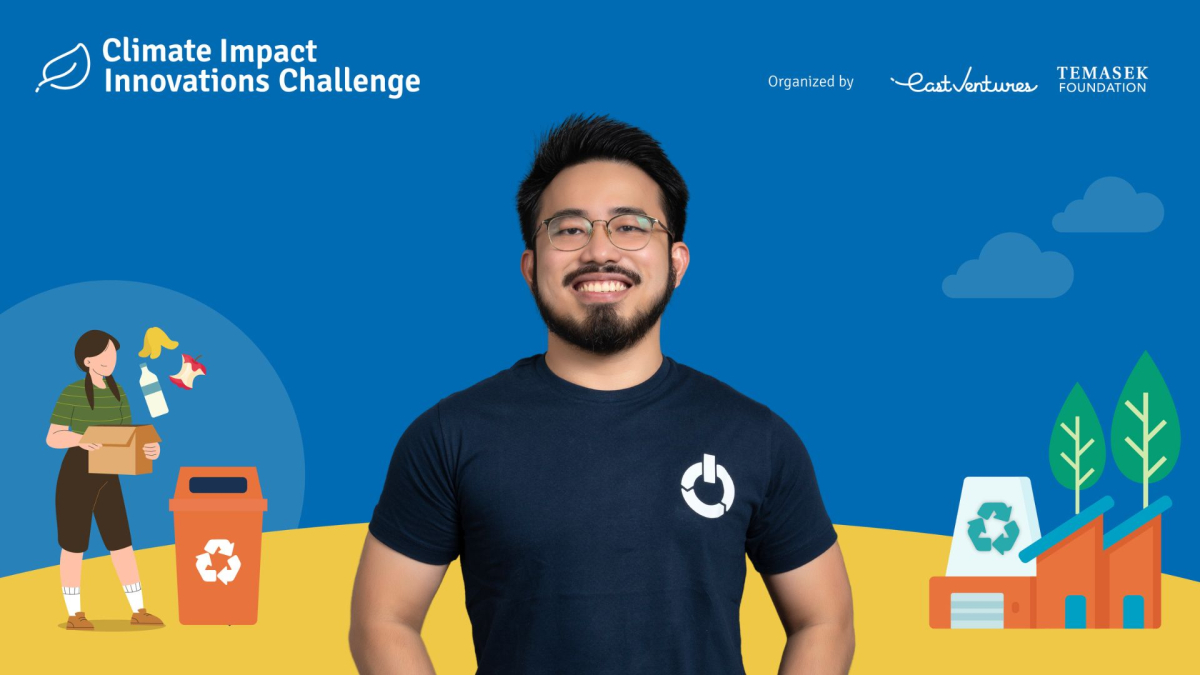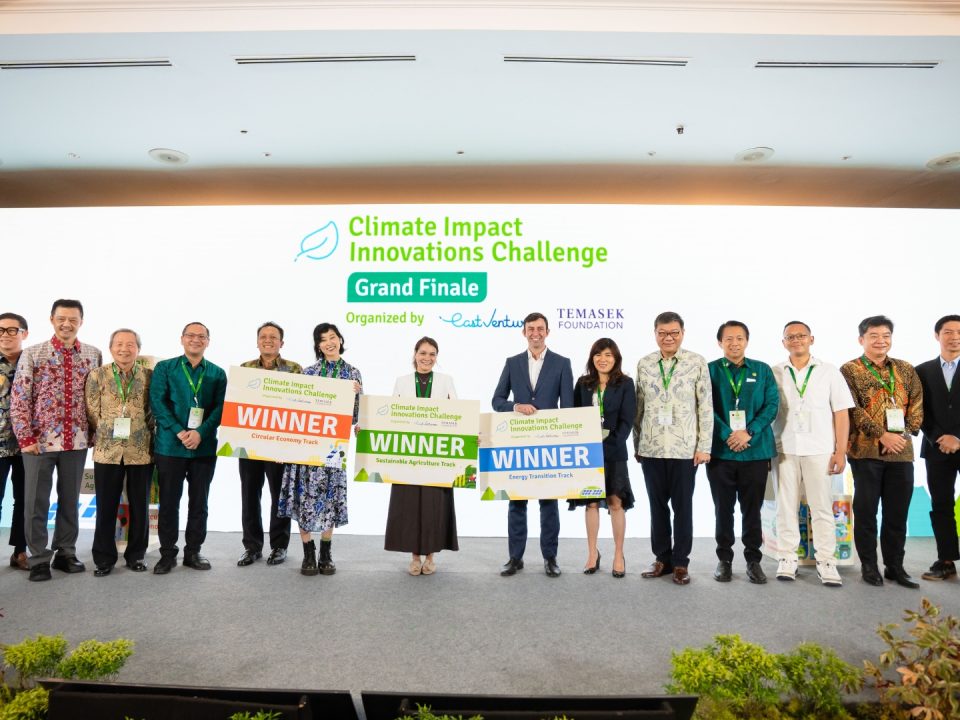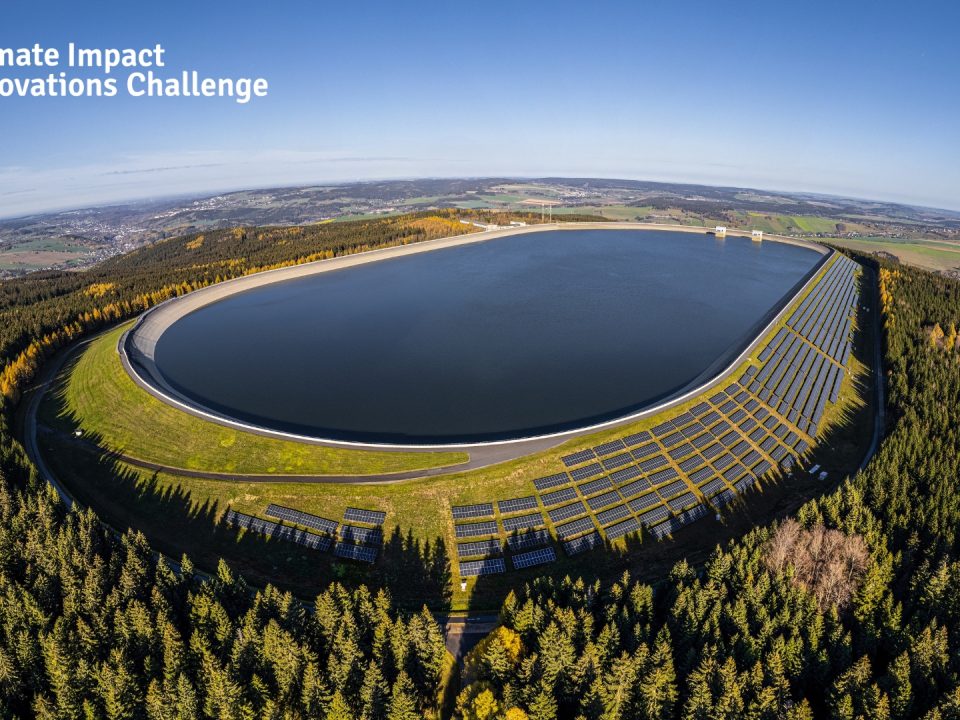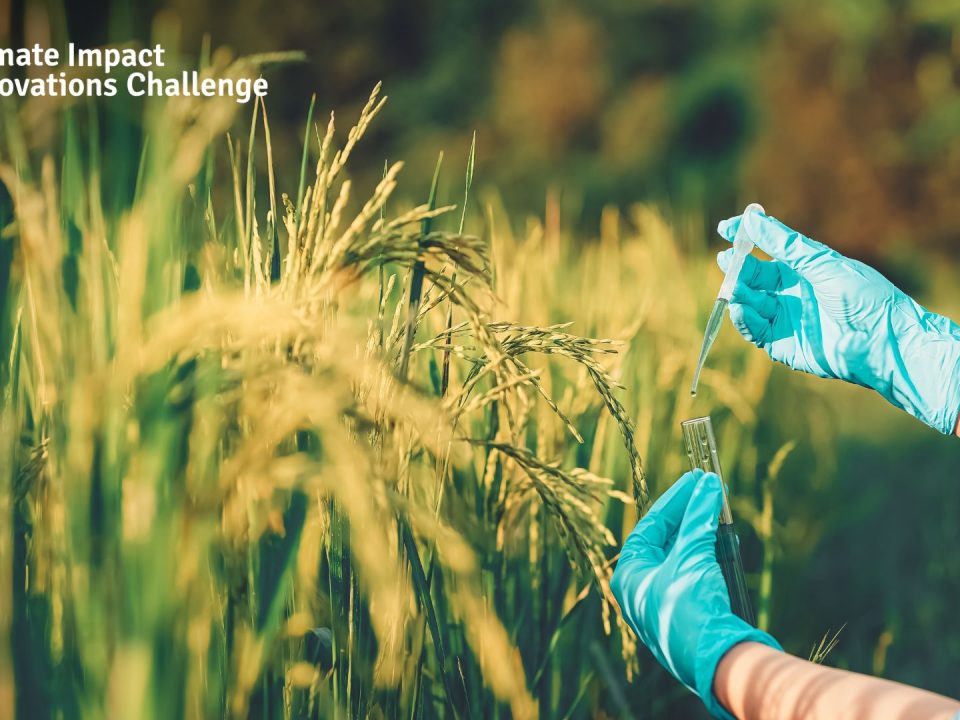
Building Chickin: From farm to industry leader
May 14, 2024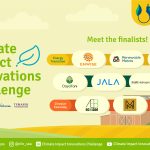
Climate Impact Innovations Challenge 2024 announces the finalists with revolutionary solutions aimed at driving sustainability in Indonesia and beyond
July 18, 2024Trial, iterate, fail fast – Lessons from Rekosistem
Before founding Rekosistem, college friends Ernest Layman and Joshua Valentino thrived in the corporate world. “Joshua is the ethical socialist, and I’m the environmentalist. We joined forces—Joshua became the truck driver,” Ernest jokes, “and I became the investor.” And that was how Rekosistem was born.
Indonesia, the fourth-most populous country in the world and second-largest plastic polluter after China, has long struggled with waste management issues. Rapid development has worsened these problems, and most landfills have reached overcapacity, becoming a significant burden for local communities. Poorly managed landfills pose serious health and sanitation risks and can even lead to disasters like the 2023 landfill wildfires.
Indonesia’s current formal waste management system still follows the take-make-dispose cycle of linear economies. The waste problem in Indonesia is not just about disposal but includes the entire lifecycle of materials. Enter Rekosistem, integrating waste recycling, recovery, and sorting processes into the formal waste management chain, which in turn promotes a circular economy.
“Indonesia relies heavily on informal sectors—scavengers, trash stalls, rubbish dealers—for waste recovery. They are the backbone of our circular economy implementation. Rekosistem’s role is to centralize this process. Have waste collected and brought to centralized hubs where scavengers can efficiently sort and recover recyclable waste. This reduces travel costs and increases productivity,” said Ernest.
First steps and lessons learned
“In 2018, we began exploring waste management with a second-hand truck, a single plot of land, and a few B2B clients. We lacked the network, capital, or experience to start big, but we knew we could create value,” Ernest explained.
Instead of building a new workforce of waste workers from the ground up, Rekosistem partners with existing waste management stakeholders—waste haulers, aggregators, and scavengers. “We focused on leveraging their expertise, and we provide the mechanization tools and standardized incentive systems,” Ernest explained.
Rekosistem’s software connects municipalities with haulers and their material recovery facilities, Reko Stations and Reko Hubs, ensuring waste is traced, sorted, and supplied to recyclers. Complementing this, Rekosistem’s hubs focus on ergonomics and efficiency, equipping workers with sorting tools, such as conveyor belts linked to pressing and filtering machines to reduce logistics costs. Real-time scaling machines further incentivize workers based on the kilograms of waste they manage, promoting an effective workflow through mechanization.
One of the most heartwarming impacts of Rekosistem’s work has been the transformation in the lives of waste workers. “Previously, these jobs were seen as unstable and risky, with minimal financial reward,” Ernest shares. “We made waste work safer and more respectable and increased their income by 220%. Now, our workers can enjoy greater financial stability and a better quality of life.”
Overcoming challenges, eyeing future prospects
In 2023, Rekosistem secured a US$5 million investment from East Ventures and other investors. However, before this success, Ernest recalled the difficulty of convincing investors to back a climate tech venture in a sector not yet considered “sexy”, a struggle familiar to many climate tech founders.
Ernest believes for startups, rough starts and obstacles will prepare them well for the future. “It made us tough,” Ernest reflected. “Reality checks helped us mature quickly. Keep it real with the products and prioritize what matters most to grow at minimal investments and scale faster,” Ernest advised.
Read the full insights at East Ventures.


